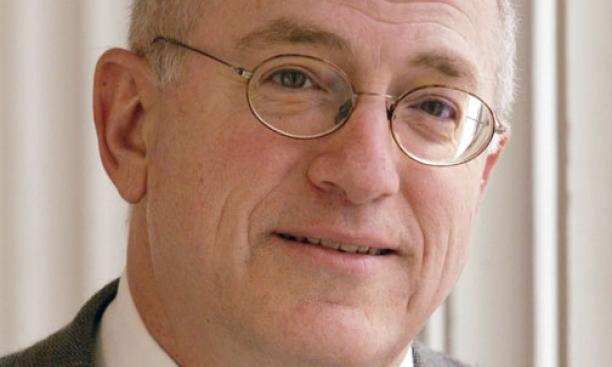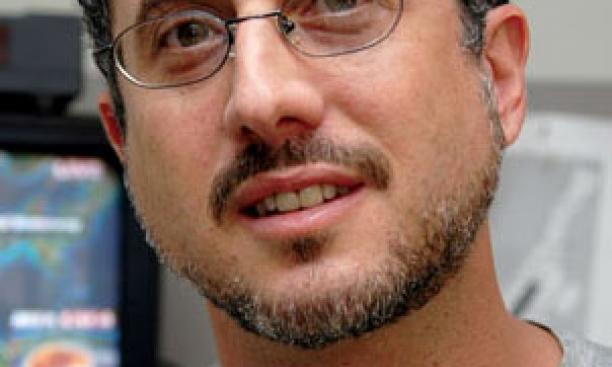


To a diplomat, the release of thousands of classified documents by WikiLeaks last year threatens national security. To a journalist, it means more open government. Those competing values were on display March 9 as Princeton professor Daniel C. Kurtzer, a former ambassador to Israel and Egypt, sparred with Pulitzer Prize-winning journalist Barton Gellman ’82.
“I would not want to be an ambassador today in a post-WikiLeaks environment,” Kurtzer said in a spirited discussion at the Princeton Club of New York, sponsored by the Woodrow Wilson School. Pointing to Libya, where the United States was forced to remove its ambassador following the publication of embarrassing information about Col. Muammar el-Qaddafi, Kurtzer said that the WikiLeaks revelations have placed U.S. diplomats in a difficult position.
Kurtzer argued that to work effectively, diplomats must believe that the information they give to Washington “will enjoy a certain amount of protection.” During his years as an ambassador, he said, “we did a lot of sensitive stuff that nobody knows about.” And that work, he continued, was “predicated on the fact we could do it confidentially.”
But Gellman noted the ongoing reform movements throughout the Middle East and said the release of the diplomatic cables by WikiLeaks “has to be seen as a factor.”
“I just don’t think we can say that something that pushed along these democratic reforms is all bad,” said Gellman, a contributing editor-at-large at Time magazine who shared two Pulitzer Prizes as a reporter at The Washington Post.
Noting that WikiLeaks head Julian Assange — now facing rape charges in Sweden — was “not a great proponent of the values of transparency,” Gellman said he sympathized with Assange’s position that “concentrated power inevitably leads to corruption.”
